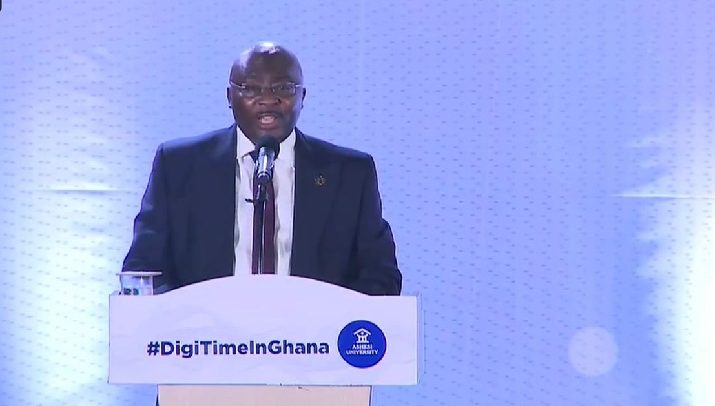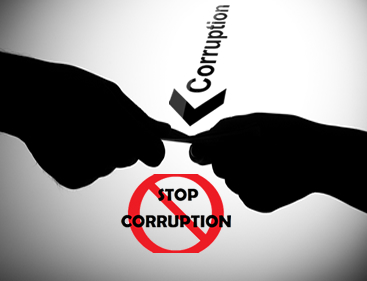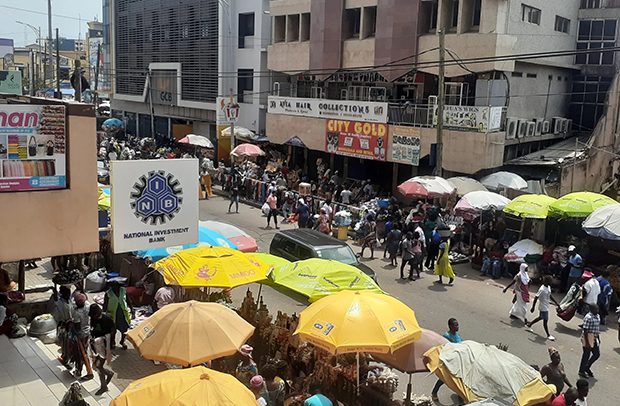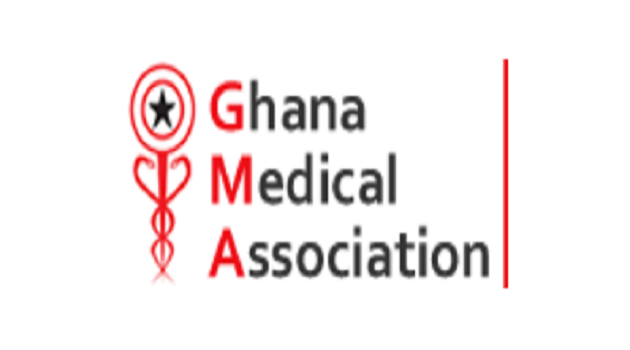
The Institute says failure to meet domestic revenue mobilization targets, coupled with increasing government expenditure makes it difficult to deal with the debt situation.
Presenting ISSER’s State of the Ghanaian Economy 2017 Report on Tuesday, the Director of the Institute, Professor Felix Ankomah Asante, called for prioritization of massive productive infrastructure to tackle the challenge.
“On the fiscal side, the urgent need for prudent management of government resources remains compelling. While increased efforts should be pursued to increase revenue through expanded tax base, government expenditure must be kept under control over the short and medium term,” he added.
Analysts have expressed concerns over the growing debt stock which hit GHc159.4 billion in July 2018.
The International Monetary Fund (IMF) had earlier admonished Ghana to put stringent measures in its 2019 budget to check revenue shortfall.
ISSER in its report said although total government debt has decreased from 73.4% of GDP in 2016 to 71.8% in 2017, “it remains far above the debt-to-GDP ratio of SSA as a whole (45.9%).”
The report added that the ability of the Akufo-Addo government to successfully roll out its programmes depends “on the ability of the government to cut wasteful expenditure significantly, which invariably entails effective control of corruption.”
“The success of the new programme is crucially contingent on the ability of the government to cut wasteful expenditure significantly, which invariably entails effective control of corruption. Unless there are considerable efficiency improvements in government spending in the above programme, Ghana could return to deterioration in macroeconomic imbalances. Such an outcome would lead to more borrowing and debt accumulation, which could reignite rising inflation and interest rates, with deleterious consequences for the country’s growth and development,” the report added.
Read Full Story















Facebook
Twitter
Pinterest
Instagram
Google+
YouTube
LinkedIn
RSS